-
kamier222 ha inviato un aggiornamento 2 anni, 5 mesi fa
Snowboard CoresThe Snowboard Cores are the snowboard’s engine room. It is where the riding characteristics are created and it’s one of the most important areas of the board. It’s essentially several laminated strips of wood glued together – from which the rest of the board is built around.
So what separates a good core from a not so good one? And how will it affect your riding?
CORE MATERIALS
Each species of tree has slightly different attributes which engineers take advantage of in order to create responsive and fun boards. Each species’ attributes are measured against four factors:
Density – A measure of mass per unit of volume. (the amount of wood packed into 1 square inch)
Burst strength – The pressure at which body will burst. (the force needed to squash a piece of wood from each end till it breaks outwards)Tensile strength – Measures the force required to pull something such to the point where it breaks
Flex strength –The pressure required to bend a cross-section until it fractures.
Poplar tree
POPLAR AND ASPEN
Both woods are classed as mid-hardness and have almost identical properties. These woods can form the whole Wood Core Skis (usually on beginner to intermediate boards) or the main foundation for higher-spec cores.
Beech tree
BEECH, MAPLE AND ASH
Again, these woods have similar properties and are used to create performance zones within the core. These harder woods are more resistant to compression and are stiffer and heavier. For this reason they are normally only used within strategic areas of the board. Combining the harder woods with a mid-hard wood allows the designer to optimize the performance and weight.
Birch tree
BIRCH
Birch comes from the same family of tree as Beech, but its higher tensile strength combined with the lower density make it ideal for snowboard designers who want to take advantage of its added power without adding too much to the overall weight of the board.
Bamboo tree
BAMBOO
Bamboo has excellent tensile strength that is used it to add pop to a core or even for reinforcing the snowboard’s structural layers. Bamboo can grow at the rate of 4 to 5ft per day making it one of the most environmentally sound products available.
Paulownia tree
ABACHI AND BALSA
They are usually combined with harder woods and placed in lower stressed areas of the core as a means of saving weight. Abachi is from the same family as Balsa but has a far higher density. Use of these woods is becoming less common due to the serious environmental impact of Central and South American deforestation.
Paulownia tree
Paulownia
Paulownia is one of the new woods being used in snowboard manufacturing. It has several properties that make it attractive to snowboard designers. The first of these is its combination of lightweight and strength. Weighing not much more than super light Balsa wood Paulownia has a strength rating closer to the traditional woods used in core building.
Different board cores are suitable for different kinds of board like Edge Glued Board, Finger Jointed Board ans so on. They are designed as Surfboard Cores, Skateboard Wood Cores, Surfboard Cores, Wooden Crafts, Solid Wood Beam and Wood Slats as well.
